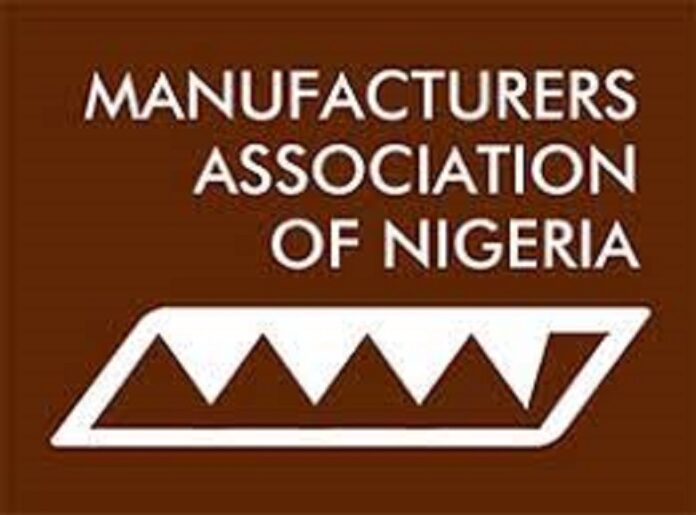The Manufacturers CEO’s Confidence Index (MCCI) for the fourth quarter of 2022 has dropped down to 55.0 points from the 55.4 points recorded in the third quarter of the year.
The development is contained in the Manufacturers Association of Nigeria’s (MAN) quarterly MCCI report presented on Wednesday in Lagos by Mrs Omotayo Okewunmi, the MAN’s Public Relations and Communication Executive.
The MCCI is a quarterly research and advocacy publication that measures changes in pulse of over 400 Chief Executive Officers (CEO’s) and trends in the manufacturing sector.
MCCI index is computed using data generated on standard diffusion factors of business and employment conditions and production levels with a baseline score of 50 points.
According to the report, the 0.4 points decline underscores the persistent challenges and waning confidence of manufacturers in the economy in the fourth quarter of 2022.
It was also caused by increase in the Consumer Price Index (CPI), erosion in Naira value and difficulty in sourcing foreign exchange for productive use.
“High cost of energy, insecurity and the lingering Russian-Ukraine War are also among the factors.
“Employment decision by manufacturers was not easy due to the unpredictability and difficulty in macroeconomic movement.
“In summation, the fourth quarter of 2022 appeared more difficult to manufacturers than the level of hardship in the preceding quarter,” it said.
Further analysis of the report showed that the index score of pulp, paper, printing and publishing (49.6 points) and motor vehicle and miscellaneous assembly (48.4 points) fell below the 50 benchmark points.
It added that motorcycle sub-group of the motor vehicle and miscellaneous assembly had been facing domestic difficulty following the ban on motorcycles by various state governments.
“Consequent upon the above trends, it is crucially important for government to have a shift toward a better exchange rate management.
“Government should also moderate the rising energy cost via better management of refined petroleum products imported into the country.
“These among other measures, would help reduce the current high inflation eating up the working capitals of businesses including manufacturing in the economy,” it said.




